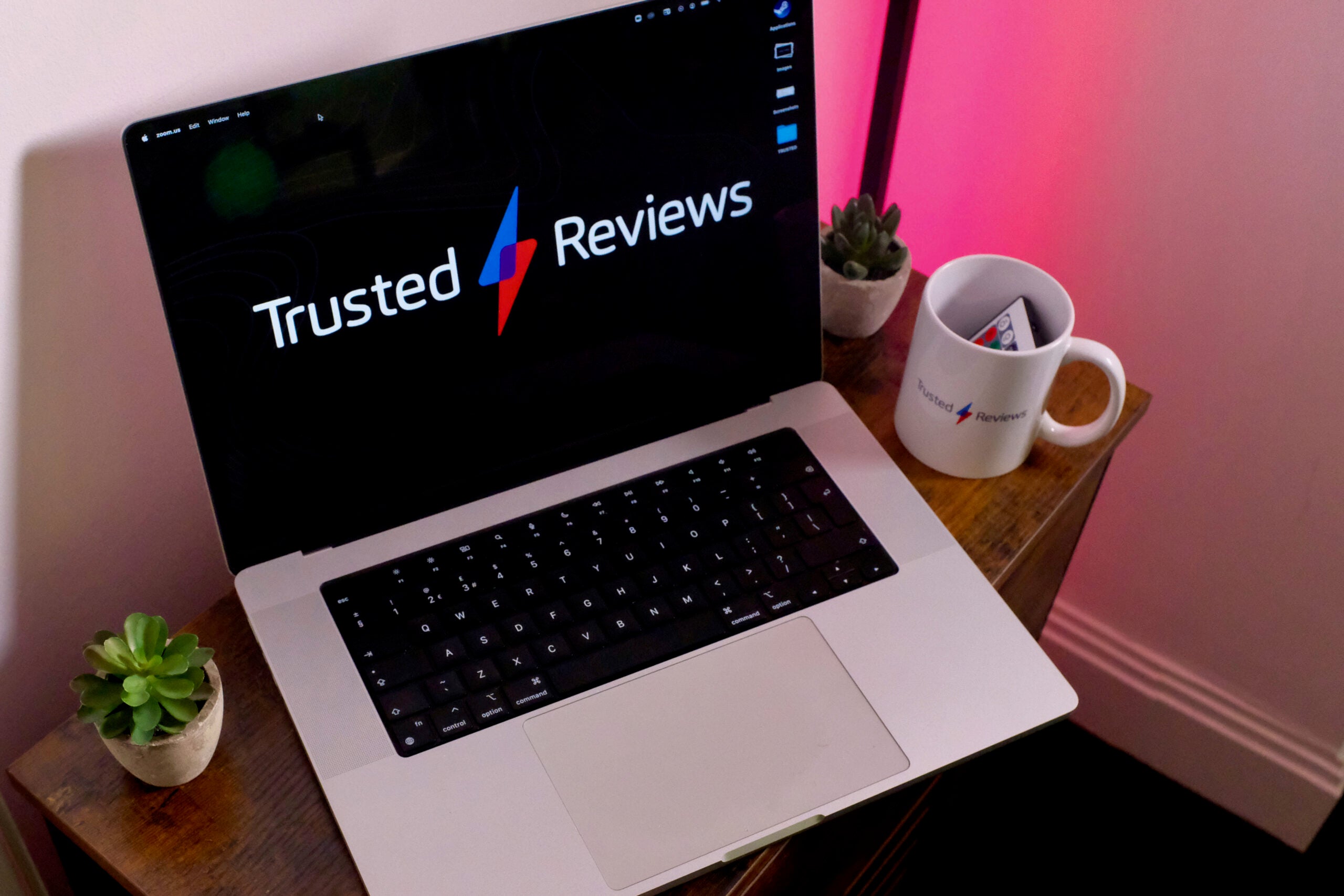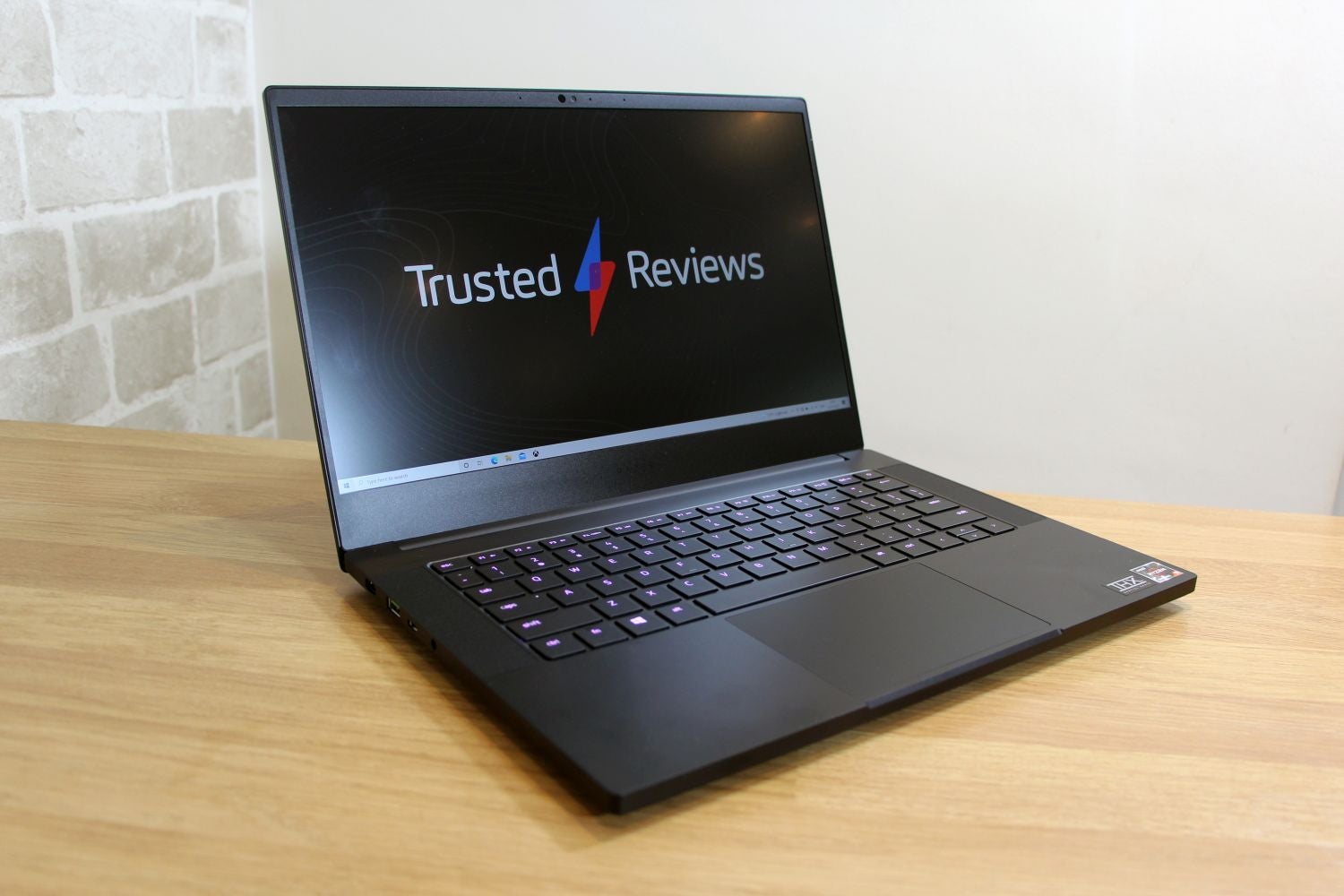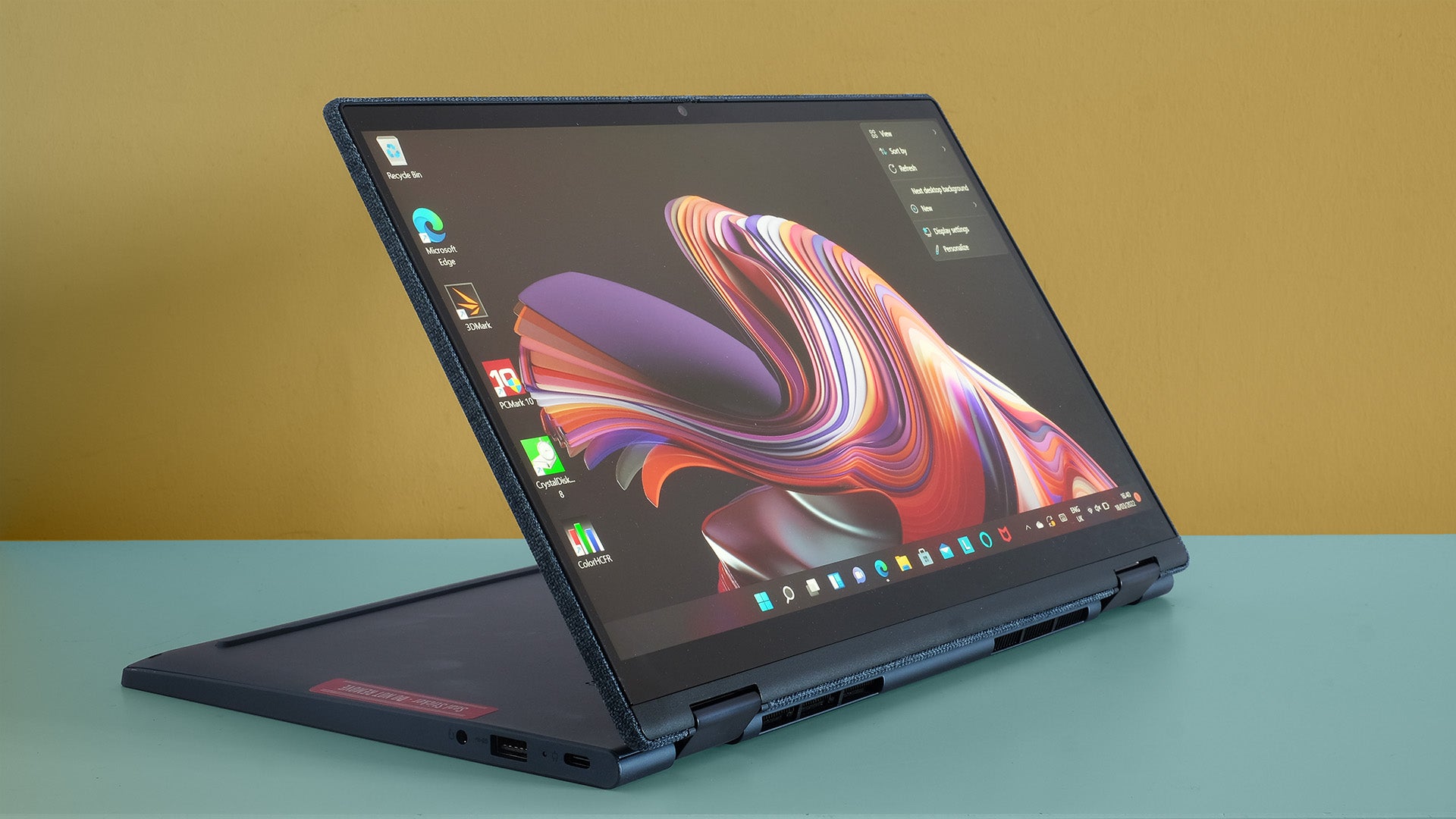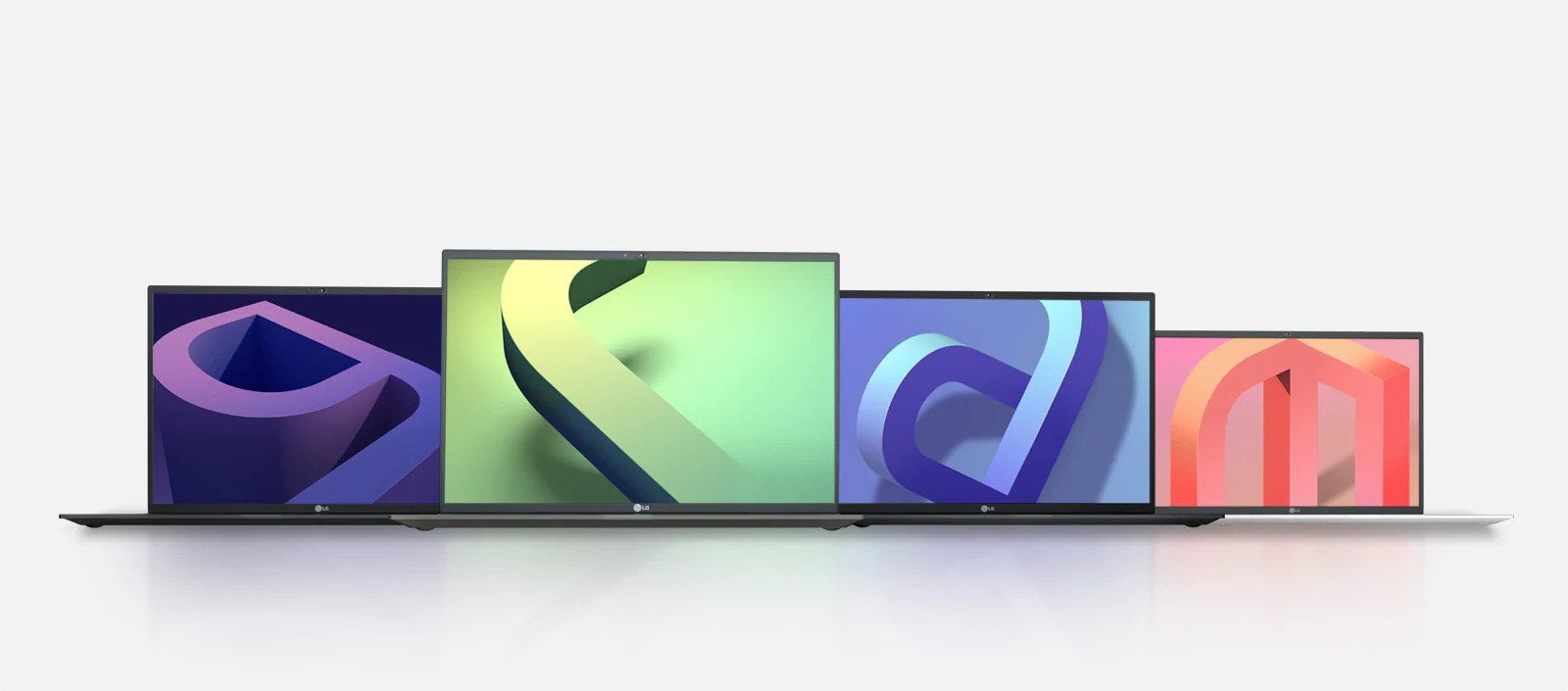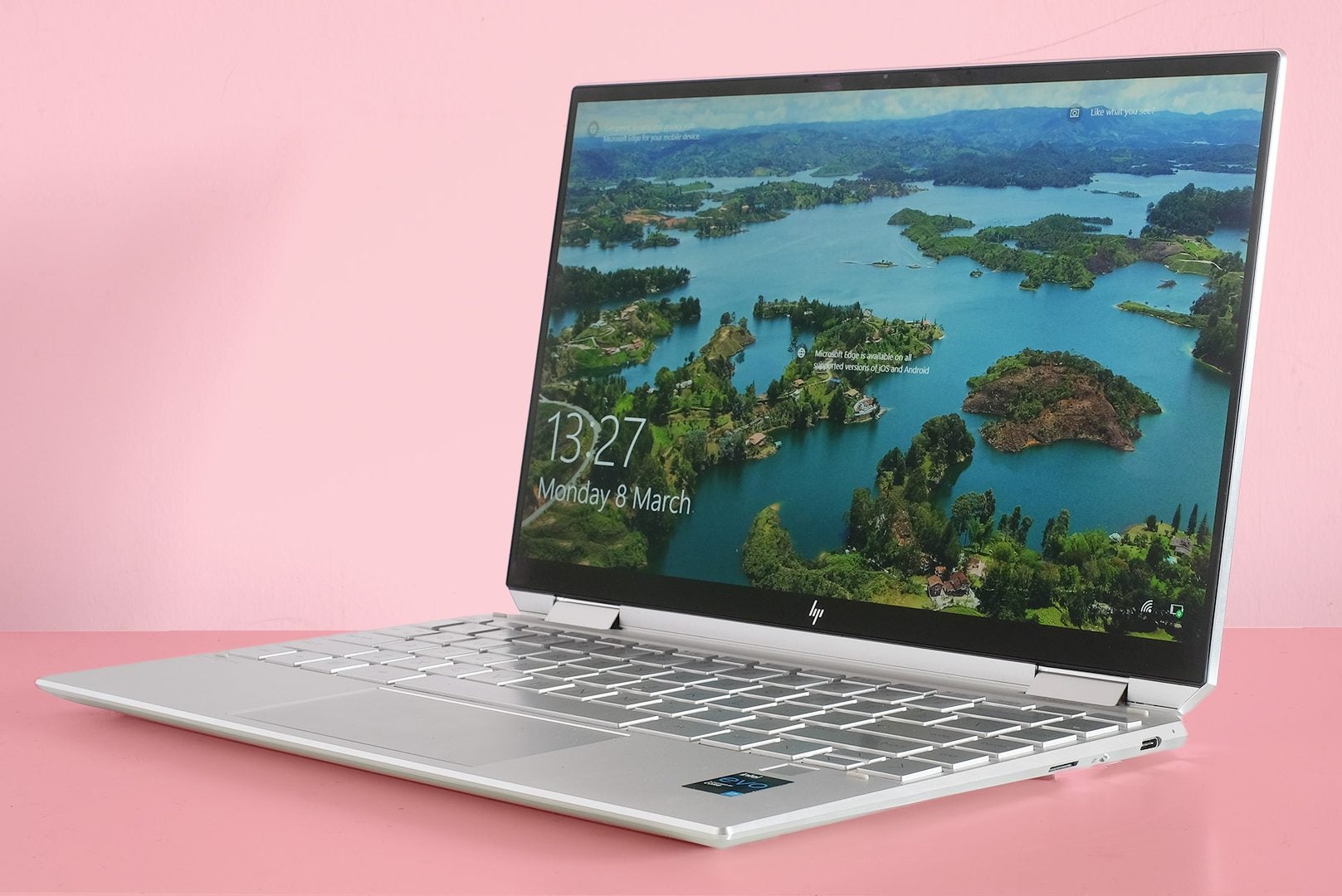How heavy should a laptop be?

Buying a new laptop can be stressful; you need to take into consideration what you will be using the device for, how powerful it needs to be and even how portable you want it.
And while we have guides on the best budget laptops, best student laptops and even the best laptops of this year, one of the biggest features that sometimes goes noticed is how heavy you want your laptop to actually be.
Keep reading to find out how heavy your laptop should really be, depending on what you need it for.

Intel® Evo™ – Laptops. Evolved.
Looking for a portable lightweight laptop with a large screen? The Intel® Evo™ approved LG Gram is a great choice!
You can shop the range now at Intel.
- Intel Evo
- LG Gram
- from £1,249
How heavy should a laptop be?
First and foremost, it’s crucial to know if you will be using your laptop as a portable device that you will take on the go, or if it will live in your office. If you are currently hybrid working or like to take your laptop with you on trips, you may want to stay within the 1kg to 1.5kg range (2.2lbs to 3.3lb).
While it is subjective, you may find that laptops over 2kg are too heavy to carry around with you comfortably. Our review of the Huawei MateBook 16 – which weighs in at 1.9kg – notes that the laptop can be used as a portable device, though it is more cumbersome than a device like the Dell XPS 13 OLED (2021), which weighs only 1.2kg.
Typically, laptops with a larger screen will weigh more, with devices packing displays of 15-inches or bigger having so much heft that it can be a pain to carry around.
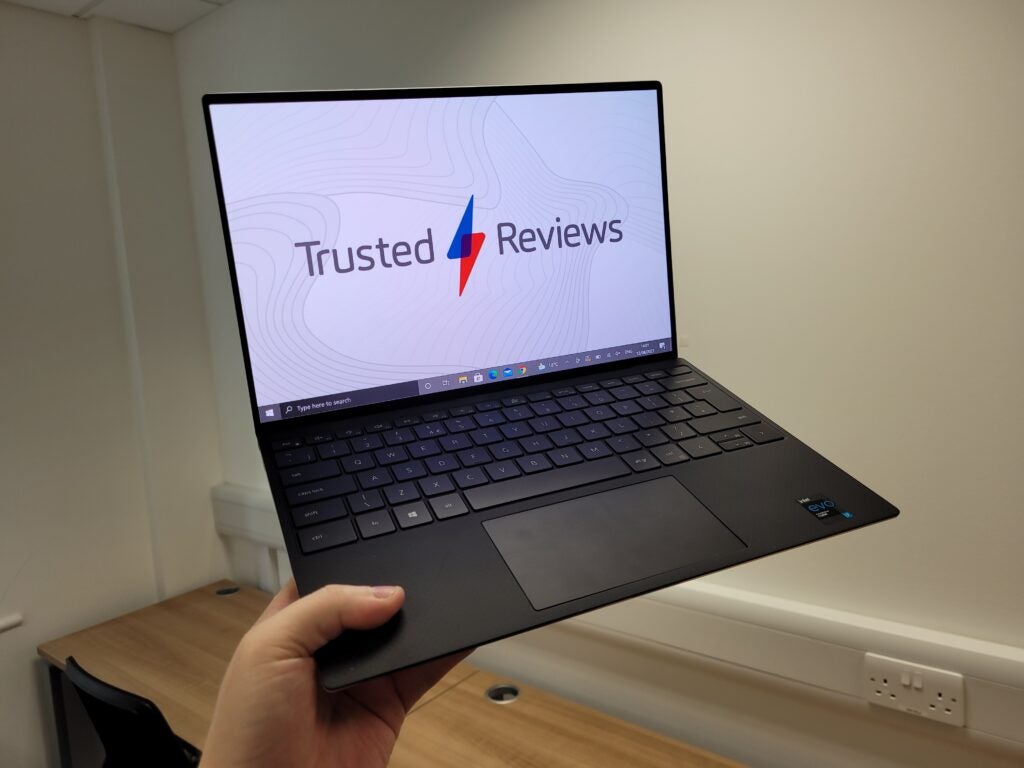
The HP Envy 16 has a 16-inch display and weighs 2.3kg, with our hands-on review noting it’s likely too heavy to be portable. Generally, unless you need a large display to work or game, it will be easier to stick with a laptop that has a 13 or 14-inch screen, since they are usually more portable.
While you can check out our best gaming laptops for a better gauge of the gaming devices out there, it’s important to note that gaming laptops are usually much heavier than productivity devices.
Gaming and content creation devices will usually have a discrete GPU, which specialises in rendering advanced graphics and creating high-quality images and scenes. But such GPUs require a dedicated cooling system to prevent overheating and to maximise performance. The cooling system makes the laptop much heavier, with the Alienware m14 R4 gaming laptop weighing 2.34kg.
That’s not to say that all gaming laptops are too heavy, as devices like the Razer Blade 14 and Asus ROG Zephyrus G14 weigh in at 1.78kg and 1.6kg, respectively. So if you want to game or engage in high-intensity content creation, and portability is important to you, it is worth checking out the weight and build quality of a laptop before you buy it.
What portable laptop options are there?
Thankfully, if you are after a productivity laptop that needs to be portable, there are many options out there. The LG Gram range is known for its portability, as the LG Gram 17 (2021) and LG Gram 16 (2021) weigh only 1.35kg and 1.1kg despite having large screens. These device have been approved by the Intel Evo initiative too, making them a great option for those who need a productivity laptop.

Intel® Evo™ – Laptops. Evolved.
Looking for a portable lightweight laptop with a large screen? The Intel® Evo™ approved LG Gram is a great choice!
You can shop the range now at Intel.
- Intel Evo
- LG Gram
- from £1,249
The downside to ultra-portable devices is usually that the build quality is not quite as sturdy, with more flex in the chassis than what you would find in regular productivity laptops. This is because LG uses a magnesium-allow for the design rather than the more conventional aluminium.
You can also check out our best ultabook list if you want to find more high-quality laptops that don’t pack too much weight.



